Written by GARY D. ROBERTSON
The North Carolina General Assembly finalized on Thursday a pair of public education measures designed to get more intensive help to children learning to read and to those who have fallen behind during the COVID-19 pandemic.
Before going home for a spring recess, the GOP-controlled House and Senate approved both bills by overwhelming margins. They now go to Democratic Gov. Roy Cooper. A statement from Cooper’s office didn’t directly address whether he’d sign the measures, which have received praise from other Democrats. Federal COVID-19 relief funds will help defray some of the cost of the bills’ implementation.
One bill pushed by House Speaker Tim Moore would require all school districts to offer at least six weeks of summer school designed to help K-12 students who’ve failed to flourish with virtual learning since the coronavirus forced remote learning in March 2020.
While schools are now turning back to in-person instruction, lawmakers say high school students are in danger of not graduating and younger students are falling short in basic skills. It’s optional for parents to send their children.
“This legislation will give North Carolina families an option for their children to grow and learn during this summer,” Moore said in a news release.
The other measure marks Senate leader Phil Berger’s latest effort to get more third graders reading proficiently — what educators call a key threshold to improve their chances for success in the K-12 schools and beyond. A 2019 bill that Berger pushed to address shortcomings in the current “Read to Achieve” program — something he also championed in 2013 — was vetoed by Cooper. The governor said at the time that the bill didn’t fully address the program’s problems.
The latest version of the “Excellent Schools Act” goes well beyond the 2019 measure, particularly with its mandate that elementary school teachers be trained in scientific methods of reading instruction that emphasize phonics, vocabulary and spelling.
College education programs also would include the so-called Science of Reading in student-teacher curricula, and prekindergarten programs for at-risk 4-year-olds would place more emphasis on reading instruction and assessments to determine readiness for kindergarten. An Early Literacy Program would be established within the Department of Public Instruction, and local school districts would have to turn in literacy intervention plans starting next year.
As with the 2019 legislation, early-grade students struggling with reading also would receive individualized improvement plans, and more online reading resources would be available for parents. Summer reading camps would continue in school districts.
Teachers who agreed to work in summer reading camps or this summer’s COVID-19 recovery programs would get signing and performance bonuses.
Berger attributed the broad support for his bill in part to successful reading intervention in Mississippi and other states, as well as recent work by the Department of Public Instruction, the State Board of Education and the University of North Carolina system.
“It certainly appears that we’ve always had the same goal: Everybody wants to make sure kids get to read,” Berger told reporters. “I think there’s now a strong consensus on how we should go about that.”
The final votes for both bills were unanimous in both chambers, except for Berger’s bill in the House, where five Democrats voted no. One of the five, Rep. Graig Meyer of Orange County, questioned the efficacy of the bonus program and why a company already has been designated in a previous law as the firm that will provide literacy training to teachers over the next two years.
Cooper press secretary Dory MacMillan said in an emailed statement that early literacy is a priority for the governor, and “he knows real success will require changes not only in the way students learn to read but in how much we invest in the educators who are doing the teaching.”
Photo via Casey Toth/The News & Observer.
Related Stories
‹
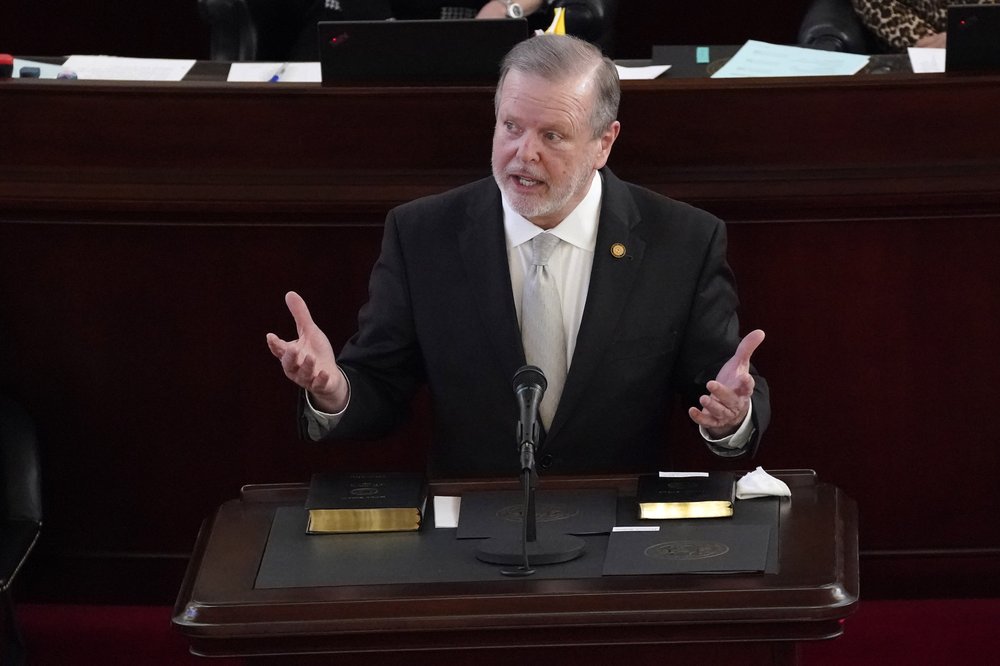
NC Senate Leader Again Seeks Retooling of Reading ProgramWritten by GARY D. ROBERTSON North Carolina’s most powerful state senator pitched improvements anew Monday to his 2013 signature public school legislation, a measure that was designed to boost reading-proficiency rates among early-grade students but hasn’t met expectations. Senate leader Phil Berger said the latest “Excellent Public Schools Act” bill is more comprehensive than a similarly […]
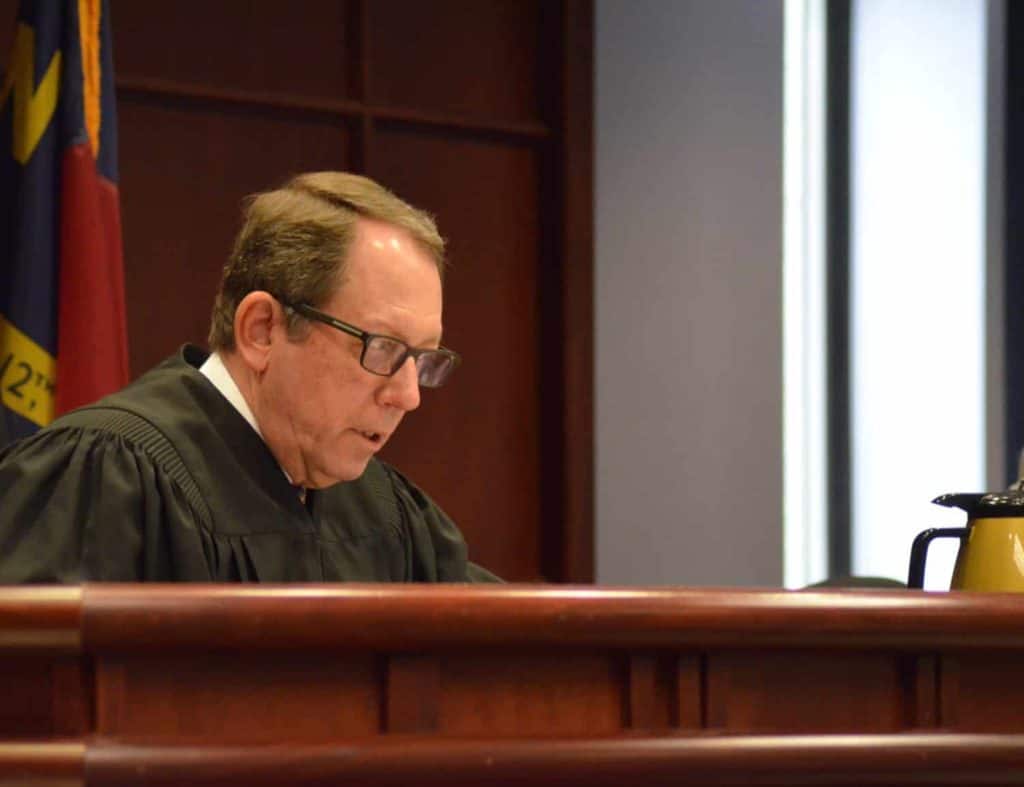
NC Judge: No Explanation for Replacement in ‘Leandro’ CaseWritten by GARY D. ROBERTSON A retired judge who has managed longstanding litigation on K-12 education spending in North Carolina for years said he’s received no direct explanation why he’s not handling the next portion of the case. Superior Court Judge David Lee has been overseeing the lawsuit called “Leandro” since late 2016. But this […]

‘Leandro’ Fast-tracked to Justices; New Judge Directs ReviewWritten by GARY D. ROBERTSON North Carolina’s justices have agreed to accelerate the process that will likely lead to another landmark ruling over inequities in the public schools and the state’s role in removing them — such as whether courts can order that taxpayer money be spent. The state Supreme Court granted a request backed […]
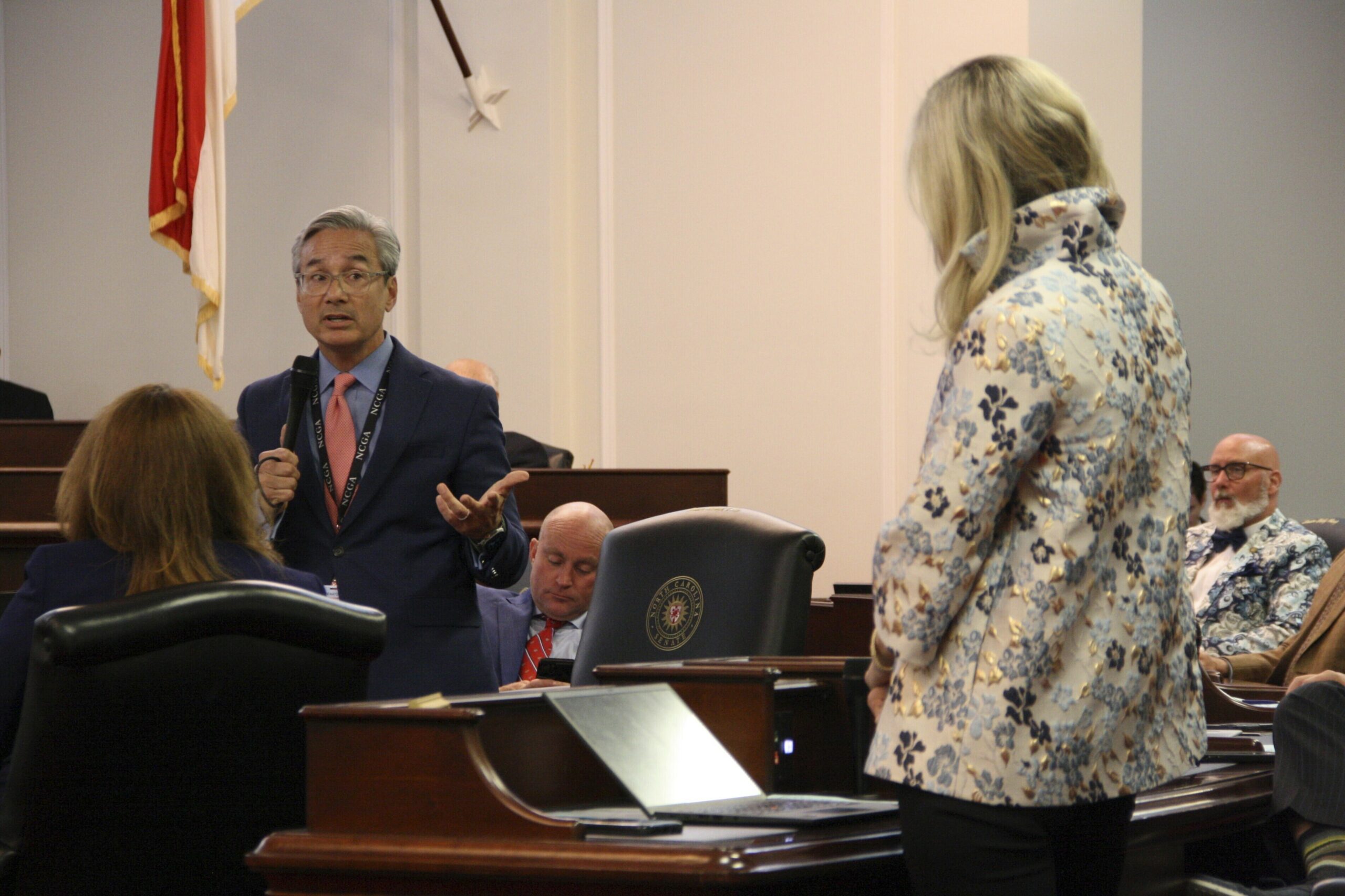
North Carolina Senate OKs $500 Million for Private School Vouchers, Student AccountsWritten by GARY D. ROBERTSON North Carolina Senate Republicans pushed legislation through their chamber Thursday to set aside roughly $500 million more for now for programs that provide taxpayer money to help K-12 students attend private schools and eliminate their waiting lists. On a party-line 28-15 vote, the majority-Republican Senate agreed to spend the money. […]
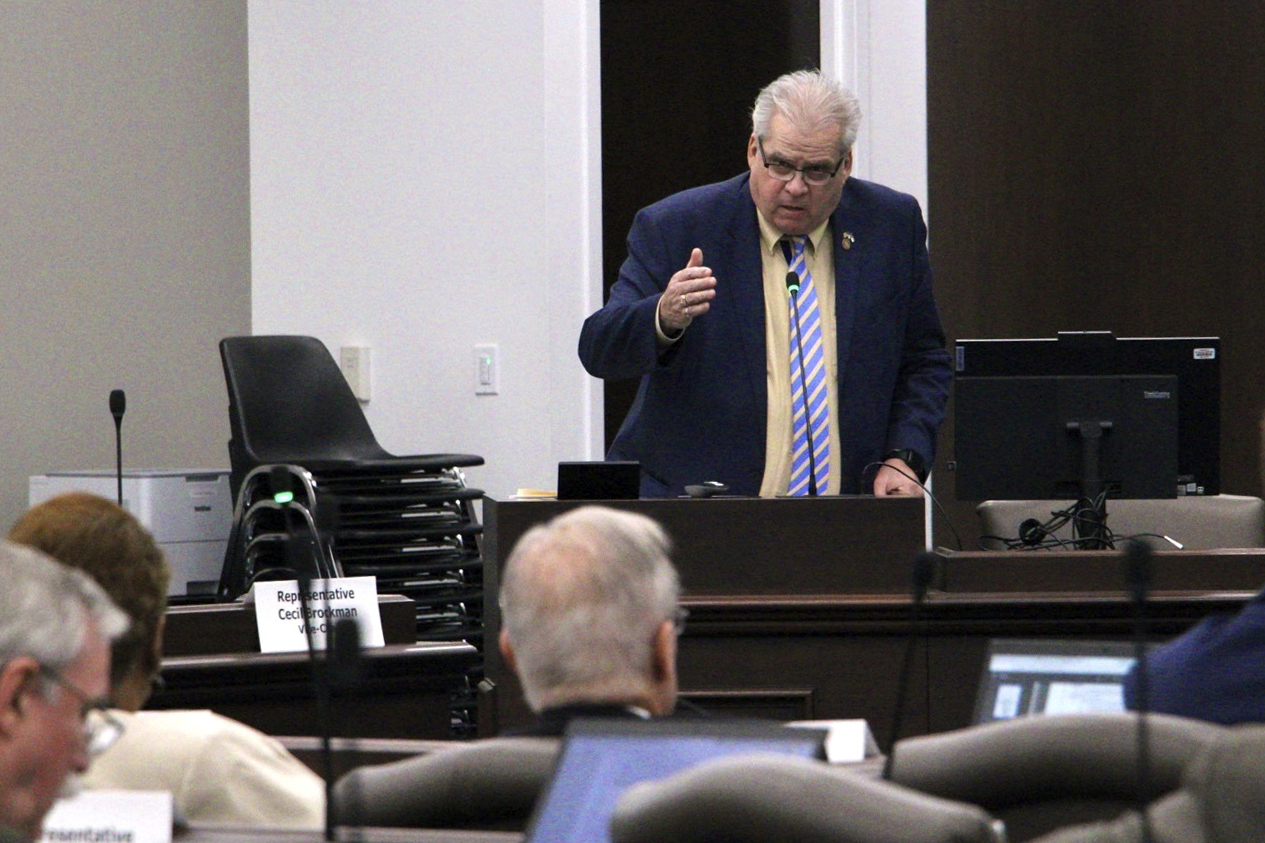
North Carolina Republicans Introduce Public Education Overhaul in Dwindling Days of SessionWritten by HANNAH SCHOENBAUM As the North Carolina legislative session winds down and budget negotiations plod along, House Republicans are pitching an eleventh-hour overhaul of public education laws that would take power away from superintendents and the State Board of Education while giving parents and lawmakers more control. Republican committee chairs pulled the proposal — introduced earlier […]
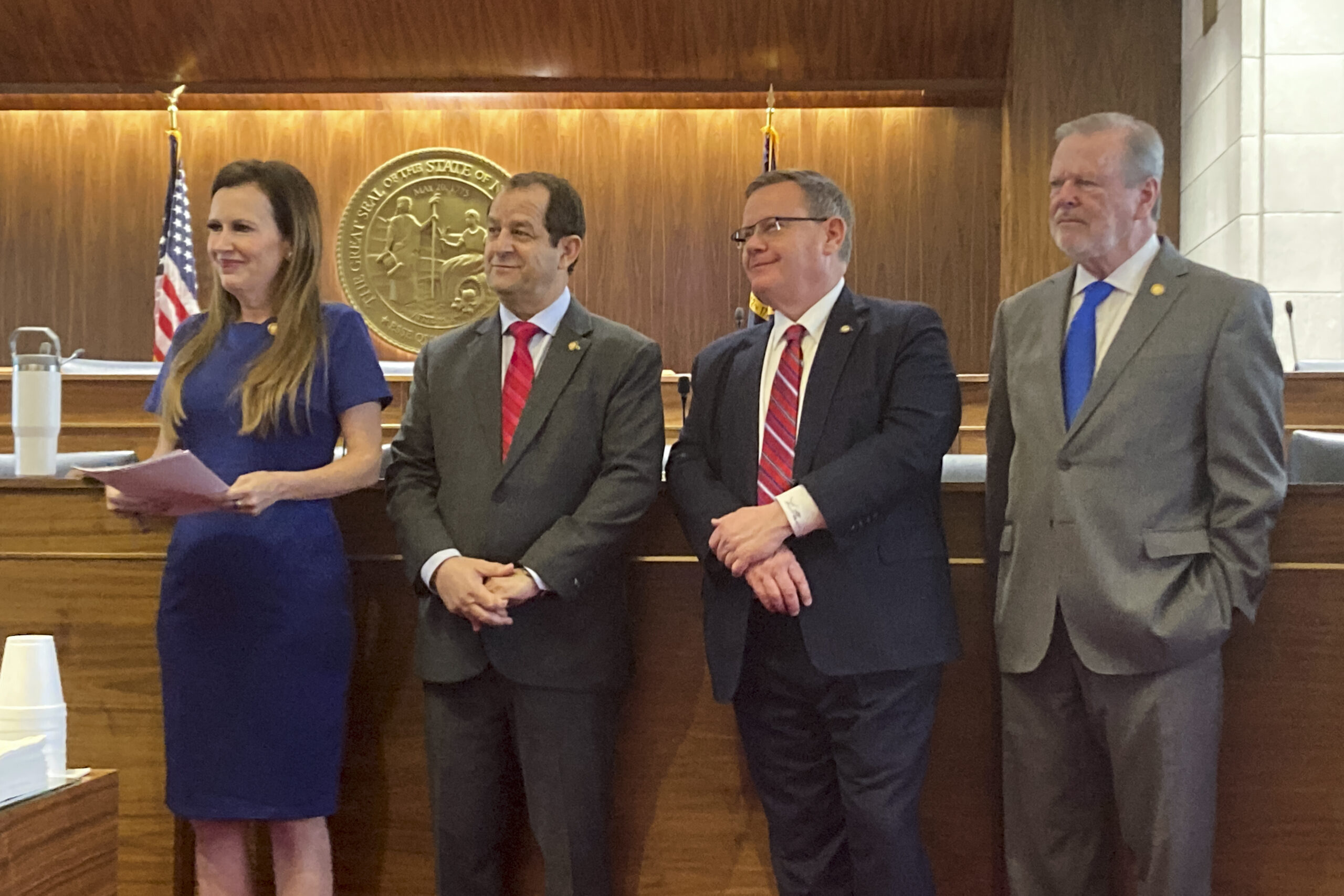
N. Carolina GOP Seeks Big Private School Voucher ExpansionWritten by GARY D. ROBERTSON Public money for private school tuition would be available to all of North Carolina’s K-12 students regardless of income under Republican-backed legislation that began advancing in the General Assembly on Wednesday. For nearly all of their history, the private school grants were only available to families who would qualify for […]
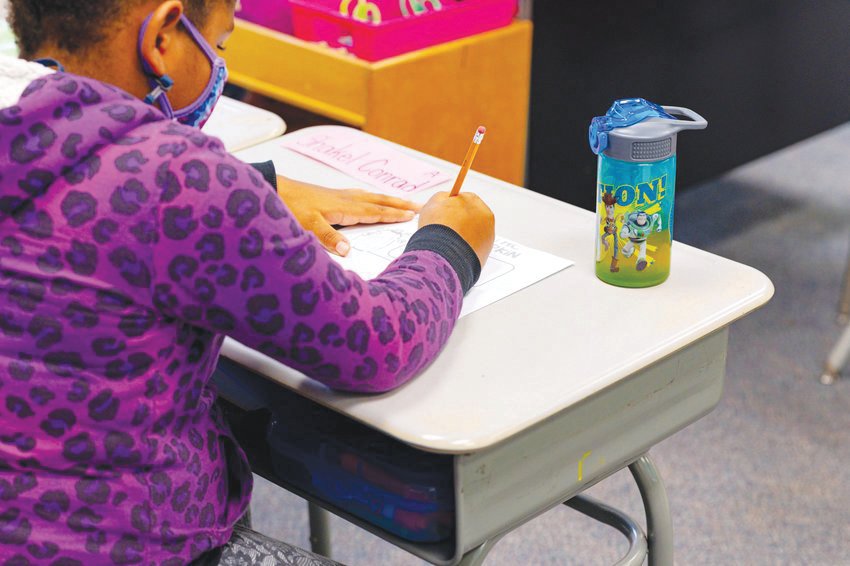
North Carolina GOP Again Seeking To Limit Racial TeachingsWritten by HANNAH SCHOENBAUM A previously vetoed proposal advancing in the North Carolina House would restrict how teachers can discuss certain racial topics in the classroom amid a national GOP crusade against ideas they associate with “ critical race theory.” The bill, which passed Tuesday in the House Education Committee, would ban public schools from compelling students […]

Health Experts, Orange County Officials Share Concern for LGBTQ Wellbeing in Wake of NC BillsThe passage of two bills by the North Carolina General Assembly has drawn condemnation from some elected bodies in Orange County and local pediatric health experts alike for their anti-LGBTQ+ elements. The bills’ sponsors say the elimination of gender-affirming medical care for those under 18, as well as the requirement of educators to alert parents […]
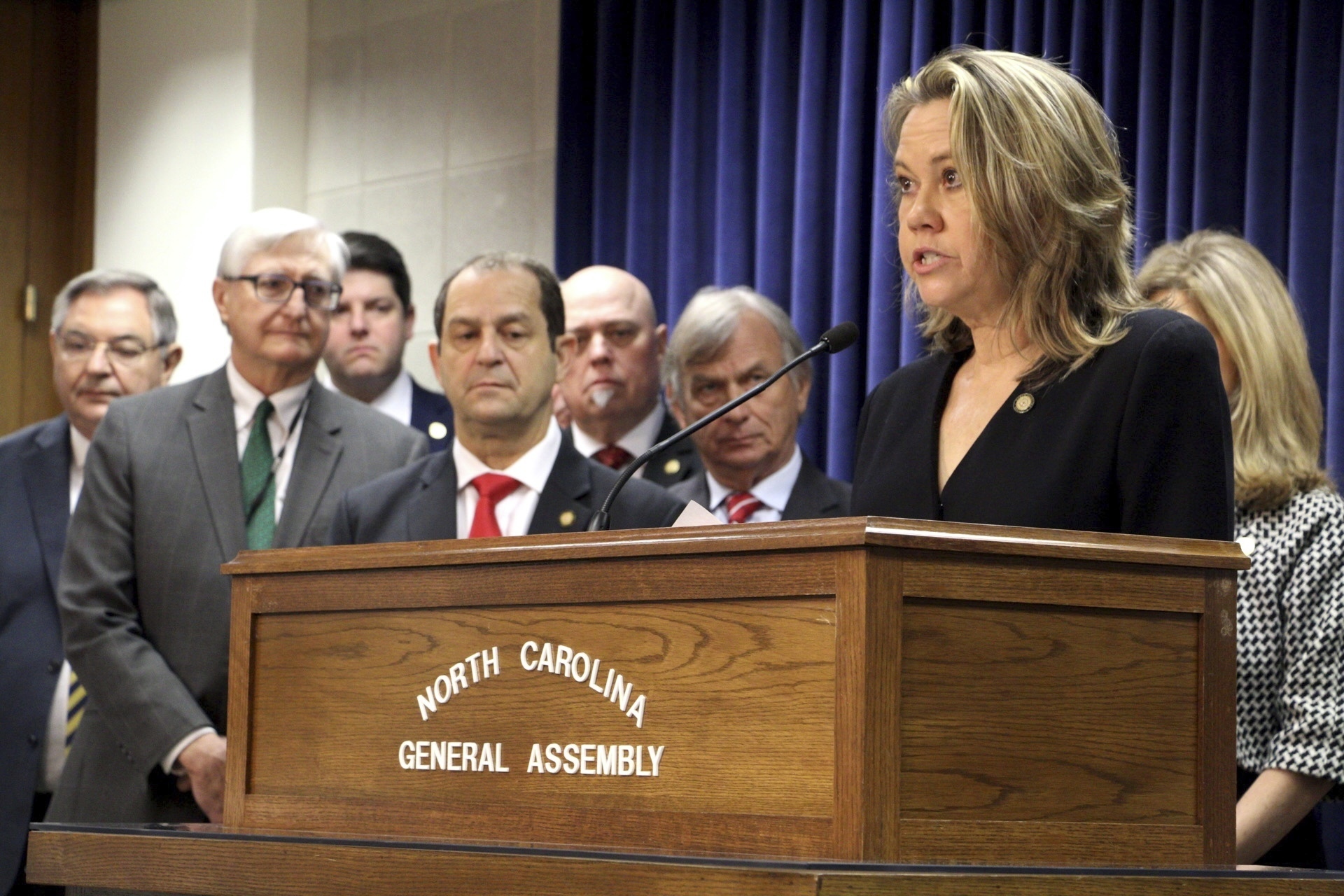
North Carolina Senate Again Seeking LGBTQ Limits in SchoolsWritten by HANNAH SCHOENBAUM A bill advancing in North Carolina’s Senate would prohibit instruction about sexuality and gender identity in K-4 public school classes, defying the recommendations of parents, educators and LGBTQ youths who testified against it. Sponsors of the bill, approved Wednesday by the Senate education committee, say they want to grant parents greater authority […]
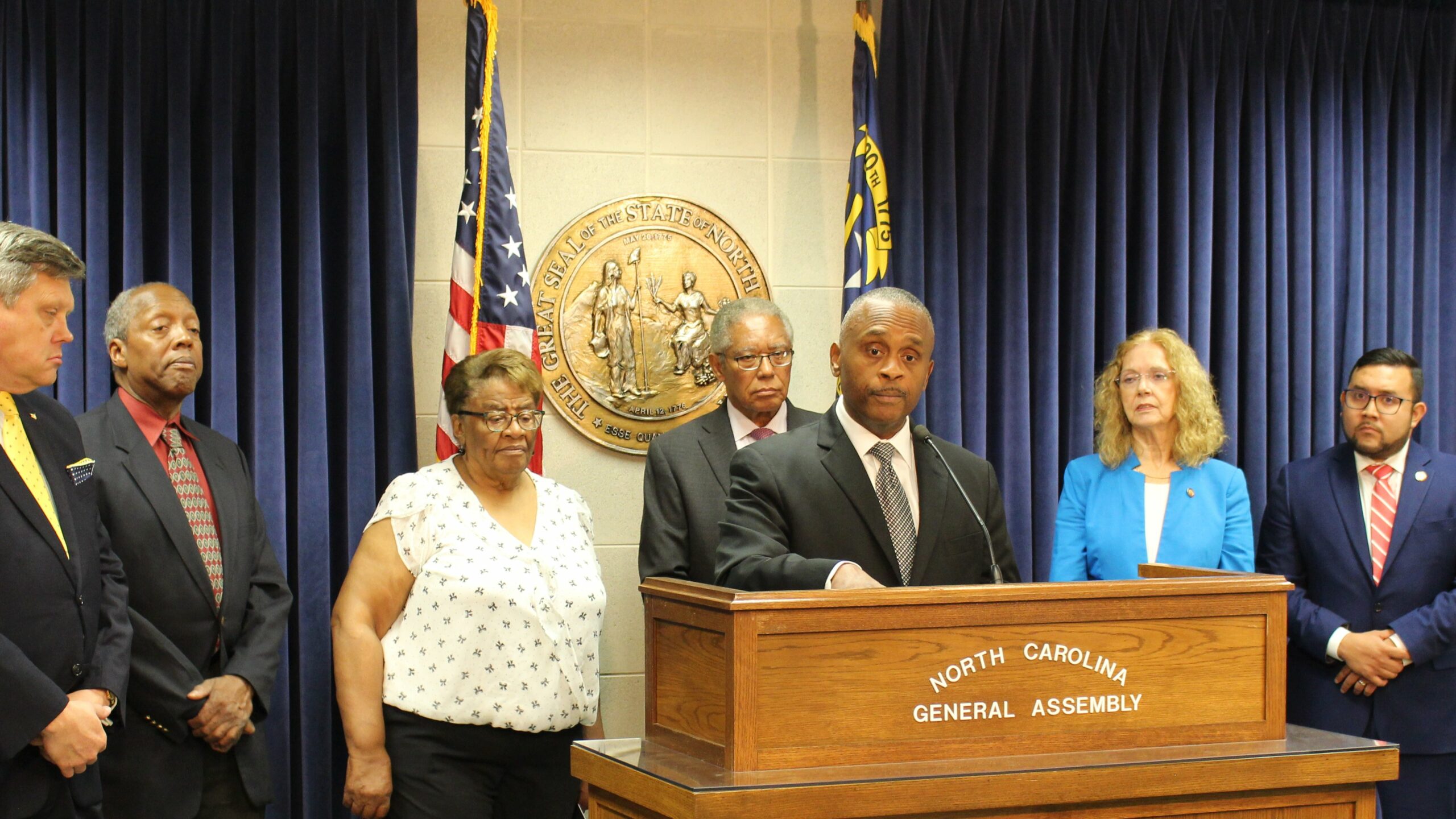
Democrats: NC Educators Need Financial and Moral SupportWritten by THE ASSOCIATED PRESS As many traditional public schools return to class next week, North Carolina Democratic legislative leaders called on colleagues Thursday to support providing more financial resources to recruit and retain educators. Districts across the state trying to fill thousands of teacher and staff positions would benefit from the General Assembly approving […]
›












